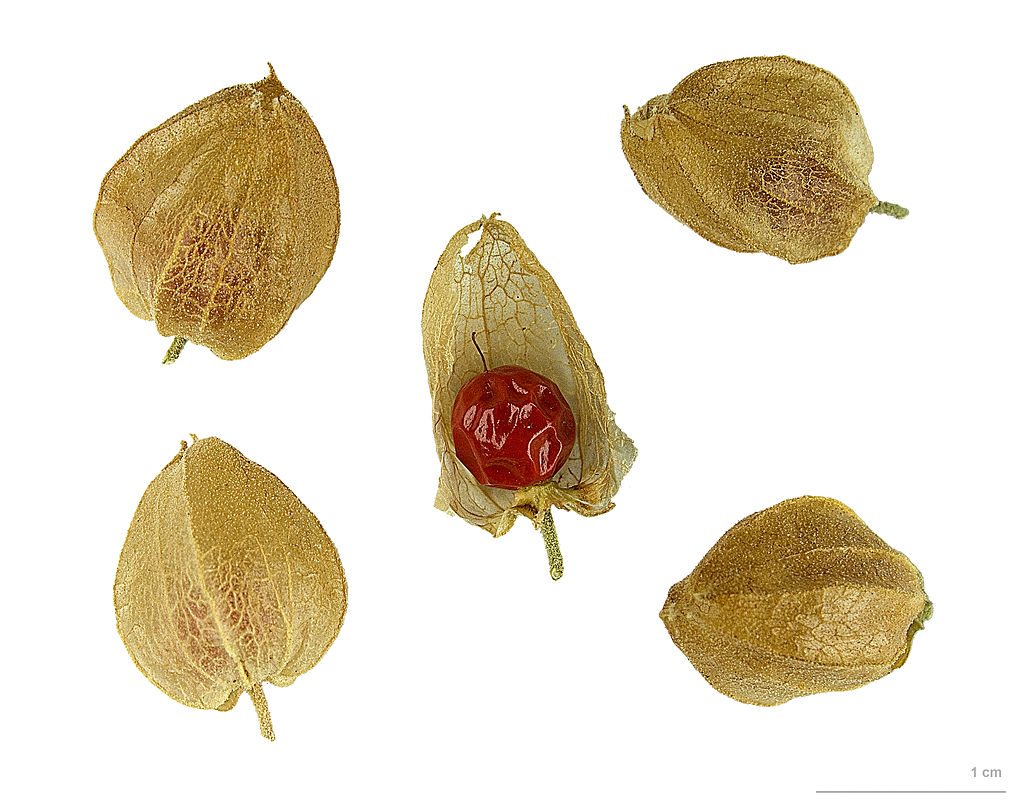 Ashwagandha is an adaptogenic herb used in traditional Ayurvedic medicine as a health tonic for increasing general strength and wellbeing. Ashwagandha is also called withania, based on the Latin name for the plant, Withania somnifera. Ashwagandha has been investigated for its beneficial effect in healthy humans. In this regard, studies seem to confirm that ashwagandha does indeed confer health effects as described in traditional Ayurvedic medicine. For example, in one study, researchers investigated the effects and safety of ashwagandha in healthy individuals. Subjects were administered an aqueous extract of ashwagandha at doses of 750 mg, 1000 mg and 1250 mg for 10 days each in increasing doses. The results of the study showed that ashwagandha improved sleep quality in a number of the subjects. Further reductions in total cholesterol and low density lipoprotein (LDL) cholesterol were also observed. There was also a significant increase in the muscle strength and reduced breathlessness observed in the subjects.
Ashwagandha is an adaptogenic herb used in traditional Ayurvedic medicine as a health tonic for increasing general strength and wellbeing. Ashwagandha is also called withania, based on the Latin name for the plant, Withania somnifera. Ashwagandha has been investigated for its beneficial effect in healthy humans. In this regard, studies seem to confirm that ashwagandha does indeed confer health effects as described in traditional Ayurvedic medicine. For example, in one study, researchers investigated the effects and safety of ashwagandha in healthy individuals. Subjects were administered an aqueous extract of ashwagandha at doses of 750 mg, 1000 mg and 1250 mg for 10 days each in increasing doses. The results of the study showed that ashwagandha improved sleep quality in a number of the subjects. Further reductions in total cholesterol and low density lipoprotein (LDL) cholesterol were also observed. There was also a significant increase in the muscle strength and reduced breathlessness observed in the subjects.

Ashwagandha is also called withania (Withania somnifera). Ashwagandha is used as a general health tonic in Ayurvedic medicine. The adaptogenic properties of the herb make it a very useful supplement for those under stress, those who perform physical activity, or those with low mood. Image is ashwagandha seeds. The beneficial effects of the herb may be due to the presence of phytochemicals called withanolides. Image By Roger Culos (Own work) [CC BY-SA 3.0 (http://creativecommons.org/licenses/by-sa/3.0)], via Wikimedia Commons.
The safety of ashwagandha was also reported in the study, and in this regard the supplements were well tolerated, with only one subject being observed to experience adverse effects. Analysis of organ function also showed no adverse physiological effects in the subjects. Therefore, as with many adaptogenic herbs, ashwagandha appears to be safe and effective. Interestingly the authors also reported that there was a trend towards a reduction in body fat and an increase in lean mass in the subjects. This may explain the improvements in muscle function experienced by the subjects. These improvements in body composition may explain the lipid lowering effects of the herb, as body fat reductions are associated with reductions in levels of circulating lipids. The improvements in the quality of sleep reported by some of the subjects in this study suggest that ashwagandha may be a useful supplement for insomnia, or those experiencing sleep difficulties, perhaps those experiencing anxiety related sleep disturbance.
Eat Well, Stay Healthy and Protect Yourself
RdB
